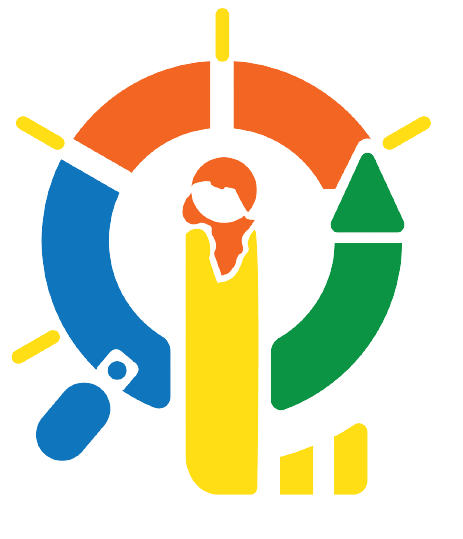Coffee Traceability for Small-Holder Coffee Produce
DEADLINE TO SUBMIT
Submit a CallNyeri County is one of the 47 counties in Kenya that form the 2nd tier of Kenya’s devolved government system: National and County government. The County is situated in the central region approximately 150 kilometers north of Nairobi, the capital city. With a population exceeding 800,000 people, Nyeri is among the most densely populated counties in Kenya. The county's governance is overseen by an elected governor. Nyeri County is further divided into six administrative units namely Nyeri Central, Nyeri South, Nyeri North, Mathira East, Mathira West, and Tetu. The county covers approximately 3,356 square kilometers, or about 815,200 acres.
Nyeri County's economy is predominantly agrarian, with coffee farming being a major activity. The region is renowned for producing some of the finest coffee globally, known for its exceptional quality and distinct flavor profiles. The county's lush green hills, fertile soils, and favorable climate provide ideal conditions for coffee cultivation.
Description of the Challenge
In Kenya, the coffee industry plays a significant role in the economy, contributing to both rural livelihoods and foreign exchange earnings. However, the industry faces challenges related to transparency and accountability, particularly in the determination of fair compensation for coffee farmers. At the national level, there is a lack of effective traceability systems, which hinders the ability to track the origin and quality of coffee beans throughout the supply chain. The lack of a traceability tool and/ or system that enables a buyer ( in this case the factory) to assess the berry quality at source presents many challenges to improvement of the production systems. Ironically, the quality of the coffee is a major factor in pricing. High quality coffee fetches premium prices, often multiple of what low quality coffee commands. Yet, although high quality is directly correlated to better husbandry practices which involve investment in expensive inputs, the producer cannot be appropriately compensated because in the current system, the quality is determined for the coffee at the green coffee stage, viz., after wet milling, fermentation, and de-husking. Whereas, the coffee from the plantation farm is processed under the plantation name until sale at the coffee exchange, that from a small-scale holder farm is aggregated with coffee from similarly categorized farms immediately upon delivery of the cherry to the cooperatively owned coffee factories. Thus, it loses the individual farm identity. As a result, the premium prices payable to high-quality batches is unfairly shared with farmers delivering low quality coffee.
Ensuring equitable compensation for the efforts of individual coffee farmers, reflective of the quality of their individual produce, stands as a paramount challenge in the coffee industry. Presently, pricing mechanisms hinge upon a collective evaluation of green cherries, amalgamating the contributions of all farmers indiscriminately. Yet, this approach fails to honor the unique dedication and craftsmanship of each farmer. To rectify this, the challenge solver is expected to propose for implementation a tool and/or system for coffee berry quality assessment at the factory level upon delivery of the coffee by the individual farmer before wet-milling. By scrutinizing the quality of coffee berries from every farmer before the wet milling process commences, cooperatives can be enabled to construct a pricing framework that embodies the true worth of each farmer's yield. This pioneering approach will not only cultivate a culture of excellence, incentivizing farmers to consistently deliver superior beans, but also fosters transparency and integrity across the entire supply chain and most importantly benefit the farmers for their individual efforts.
All legal entities individual entrepreneurs and innovators, firms, institutions and public entities in Africa.
- A cover letter of your entity
- An ethical compliance letter
One must be registered as a problem solver.
Eligibility criteria for a problem solver.
- One must be registered as a problem solver.
- One can be a startup company or a research institute.





